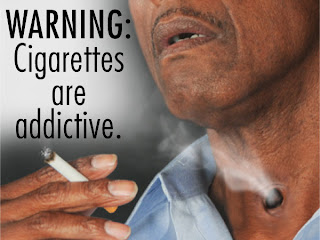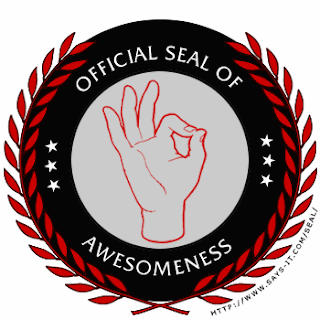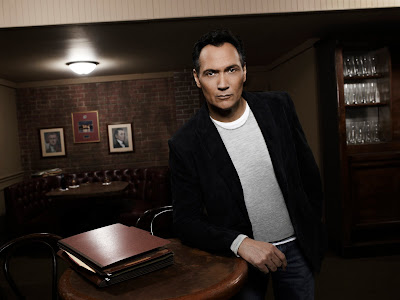FDA Proposes New Warning Labels to Alert Smokers that Smoking is Bad
 Mmmmmm. Now the cigarette is even closer to my lungs. And I get the added benefit of focusing on lung cancer without worrying about any pesky oral cancer or hairy tongue. Yes, hairy tongue is a real disease, and tobacco use is a contributory factor. (Strangely enough, coffee drinking is also a contributing factor, which is unfortunate for the universe of associates who depend on both coffee and cigarettes to stay awake.) As noted in multiple media, including the New York Times and much of the blogosphere, the FDA is proposing new illustrative warning labels to encourage people to quit smoking. Yum. To see some of the other proposed labels, click here. Here are several different opinions on the impact of this move.
Mmmmmm. Now the cigarette is even closer to my lungs. And I get the added benefit of focusing on lung cancer without worrying about any pesky oral cancer or hairy tongue. Yes, hairy tongue is a real disease, and tobacco use is a contributory factor. (Strangely enough, coffee drinking is also a contributing factor, which is unfortunate for the universe of associates who depend on both coffee and cigarettes to stay awake.) As noted in multiple media, including the New York Times and much of the blogosphere, the FDA is proposing new illustrative warning labels to encourage people to quit smoking. Yum. To see some of the other proposed labels, click here. Here are several different opinions on the impact of this move.
Defense Litigation-oriented opinion: I’ll note that this move is a generation away from paying off for Big Tobacco. It’s hard to imagine that a smoker will succeed in ignoring or not understanding these types of warnings, when the warning is designed to take up 50% of the package area surface. So, certainly, these warnings are favorable to future litigation outcomes for Big Tobacco, which will reduce their anticipated exposure to large jury verdicts. In 20 years, cigarette manufacturers may be more profitable than ever.
Conspiracy-theorist opinion: This is a much easier way to pay lip service to the idea that we want to reduce the overall costs of smoking to the public, than say, banning cigarettes. The federal government doesn’t want to ban cigarettes because according to this website that I know nothing about, the federal government took in $8.5 billion in cigarette taxes in 2009. Way to go progressive tax system! Therefore, these new labels are good for both the government and manufacturers.
College student opinion: Moreover, this is sure to be an effective tool to decrease the existing pool of smokers. Does anyone else think that your typical college student will have a large poster of the above graphic hanging in his room while he smokes, while, at the same time, thinking how smart he is because he appreciates the irony? Meanwhile, because the cost of college will continue to skyrocket, the rest of us will appreciate the irony of the graduate struggling to pay off his student loan debt (because college graduates make all the money) while he looks for money in his budget to buy cigarettes.
Realistic opinion: If you want people to quit smoking, tell them about hairy tongue. Surely, the prospect of hairy tongue is scarier than emphysema.
Defense-litigation perspective resumed: The universe of manufacturing defects in this realm is pretty small. Failure to warn claims will soon be extinct, which will leave design defect claims as the viable strict liability alternative. Surely this labeling program will establish significant comparative negligence. Fraud and civil conspiracy claims will begin to die out as the early generations of smokers die out. What kind of new legal theories will be invented to establish liability over the next generation? This seems like a pretty good time to start a cigarette manufacturing company.




















